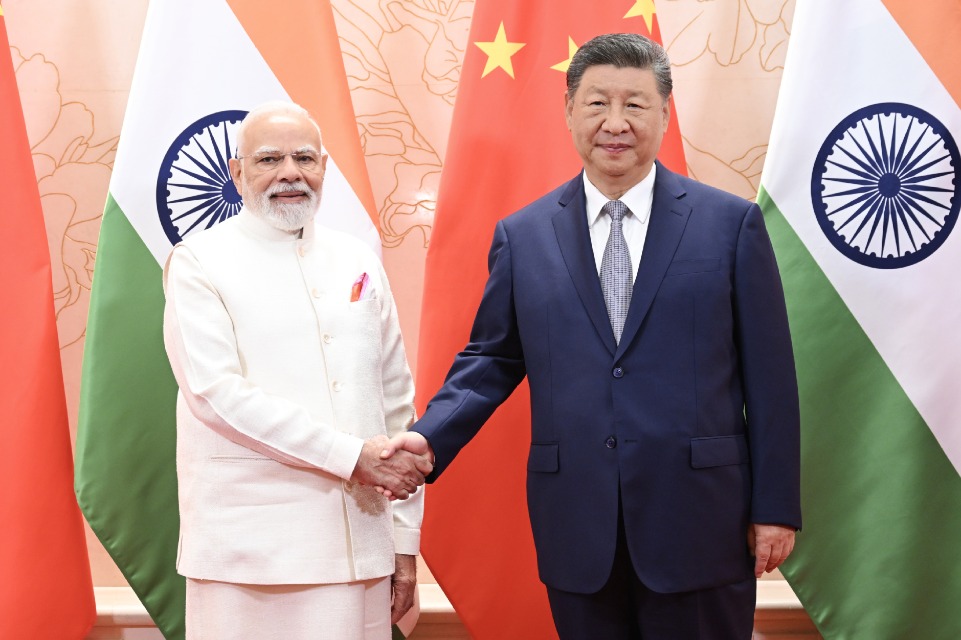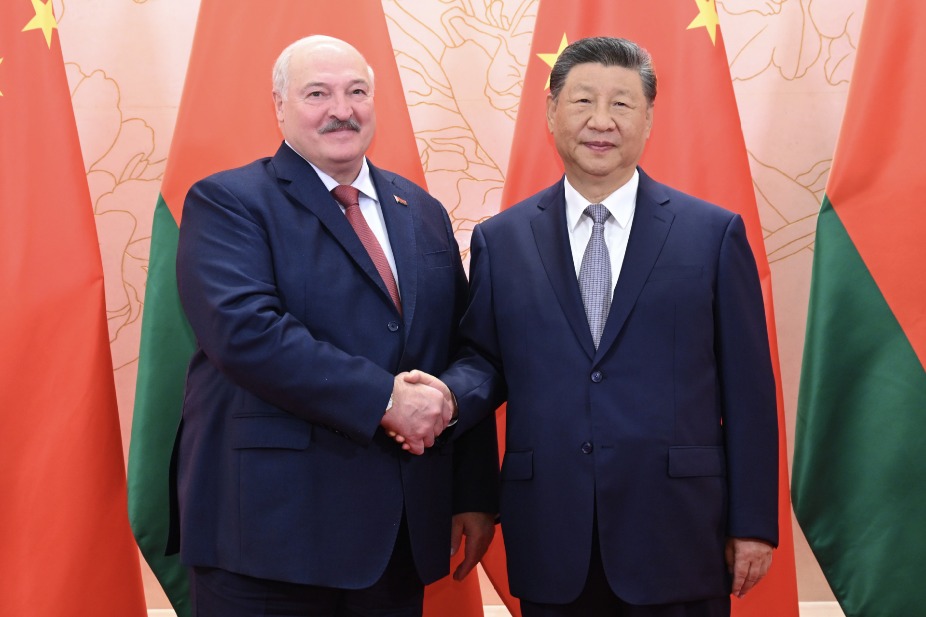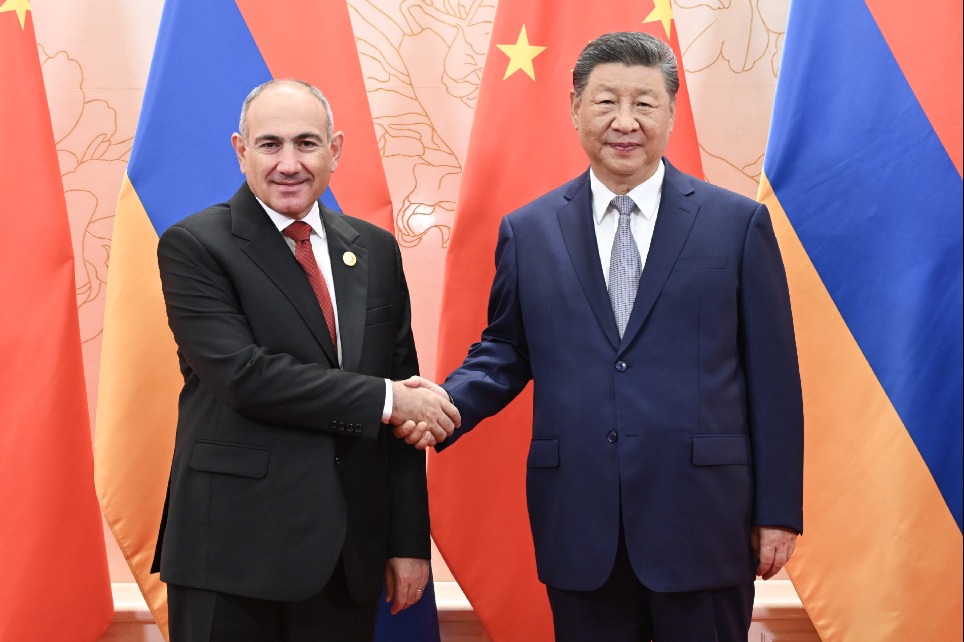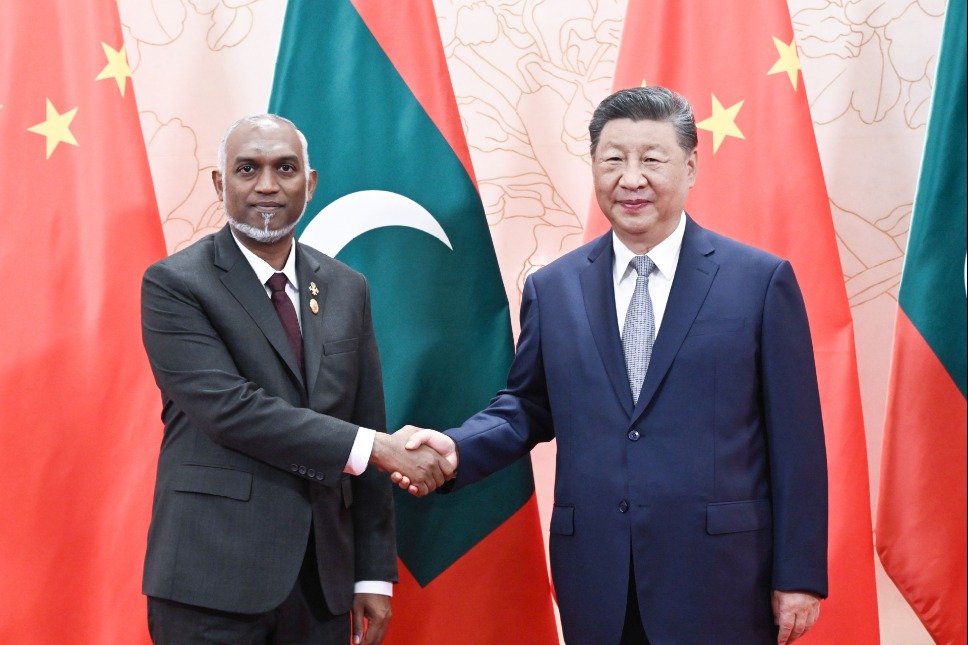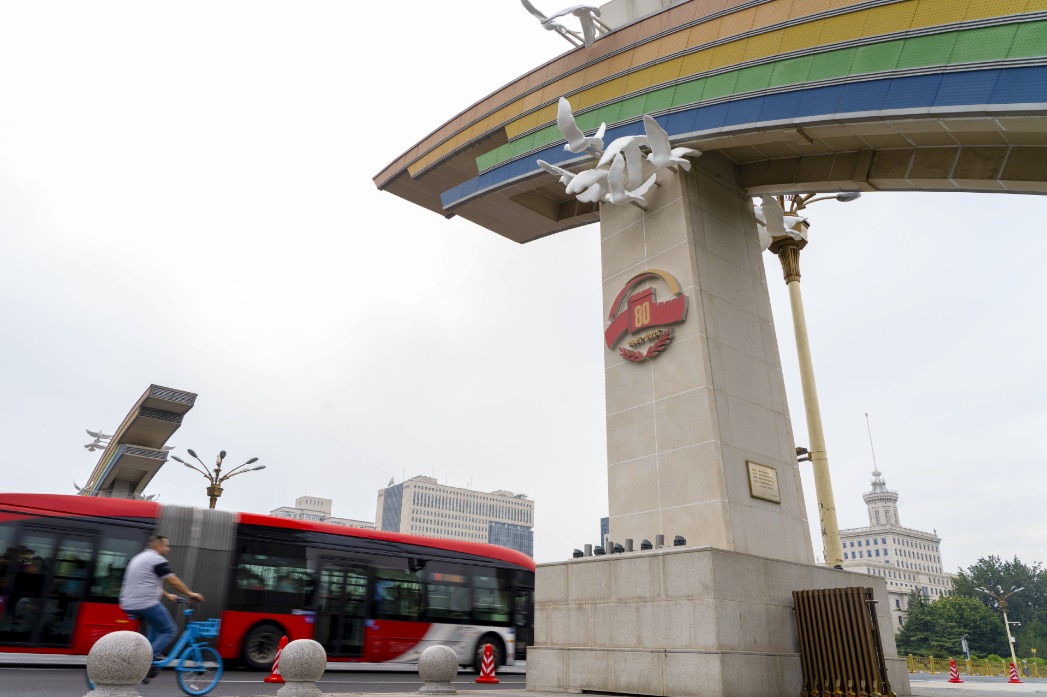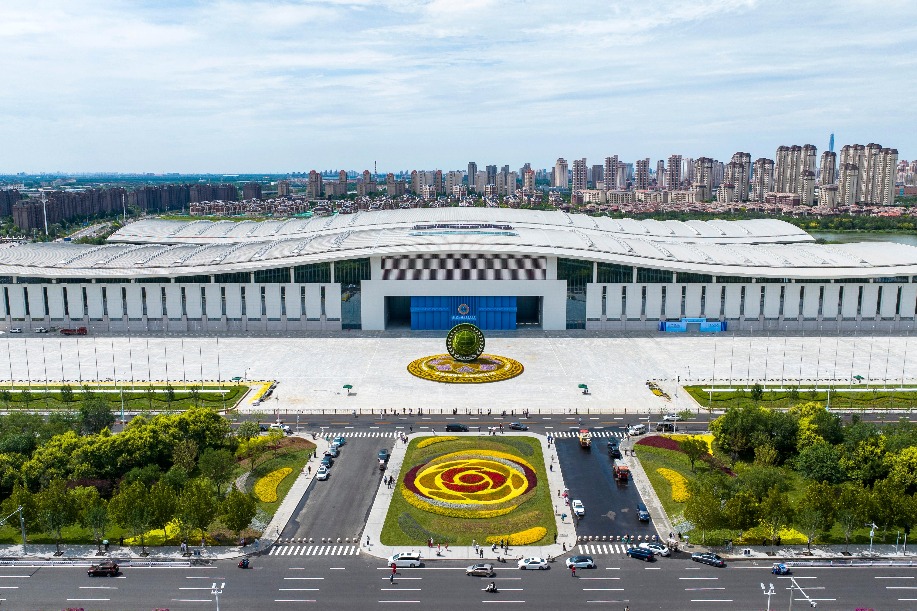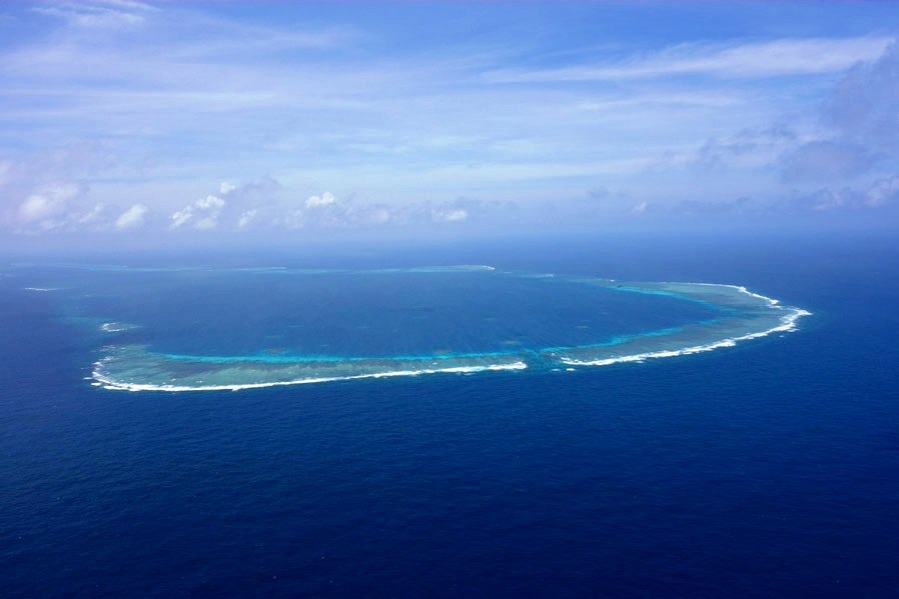Lai authorities sink to new lows with denial of history

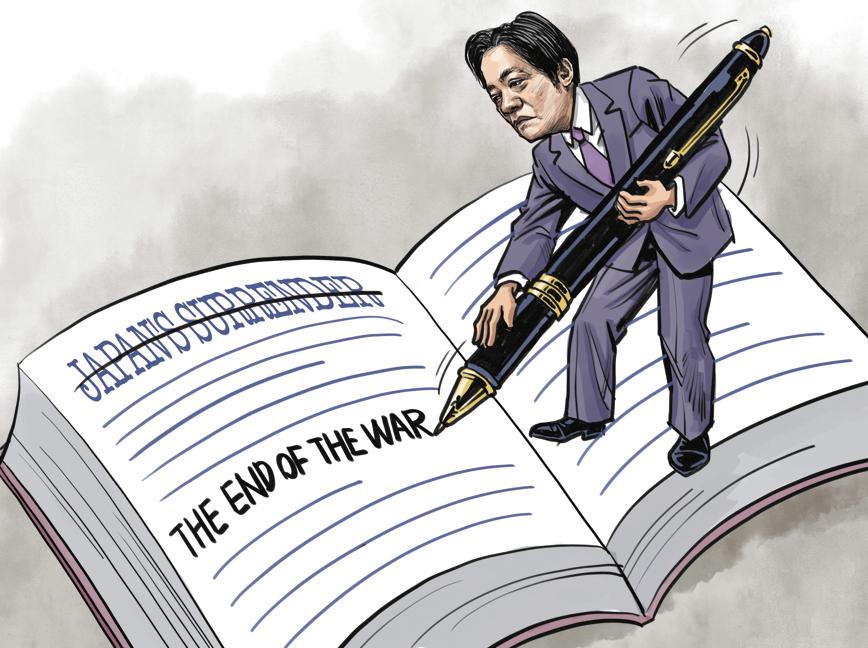
This year marks the 80th anniversary of the victory in the Chinese People's War of Resistance Against Japanese Aggression (1931-45) and the World Anti-Fascist War, as well as the 80th anniversary of China's recovery of the island of Taiwan from Japanese occupation.
The recovery of the island was a significant achievement of the victory in the war of resistance, a great triumph forged through the successive struggles and bloody sacrifices of the Chinese people, including compatriots on the island. It is a moment worthy of commemoration by all Chinese people.
People on both sides of the Taiwan Strait look forward to taking part in the commemorations that the Chinese mainland plans to hold that day.
However, while Taiwan compatriots are invited to attend the relevant activities, as the Taiwan Affairs Office of the State Council said, the Democratic Progressive Party authorities of Taiwan have taken various actions to not only obstruct Taiwan compatriots from taking part in the activities but also sought to distort history.
For instance, the secessionist-minded DPP leader Lai Ching-te has repeatedly avoided directly referring to "Japanese aggression" and the victory in the Chinese People's War of Resistance Against Japanese Aggression, only mentioning Japan's unconditional surrender as "the end of the war".
The DPP authorities have even threatened to investigate artists who echo the mainland's sentiments, making it part of their attempts to stifle voices that they accuse of associating with "external hostile forces".
Although these actions have fueled public resentment on the island, the Lai authorities have still gone to great lengths to act against the public's will.
It is worth noting that recently many Taiwan compatriots have watched the film Dead To Rights in various places other than the island due to the Lai authorities' banning of the movie, which is based on the real-life story of the preservation of photographic evidence of the Japanese army's atrocities during the Nanjing Massacre of 1937.With the historical photos as the foundation, it showcases the resolute resistance of ordinary Chinese people against the Japanese forces.
So what are the motivations for the actions of the Lai authorities?
For one thing, their moves reflect the Lai authorities' "pro-independence" view of history and policies. They are purposely distorting historical facts about the Chinese People's War of Resistance Against Japanese Aggression to serve their secessionist ambition.
The Lai authorities have thus made a series of erroneous claims regarding the war, including trying to efface the role of the Communist Party of China in the war.
The DPP authorities' effacement of the CPC's role as the central pillar in the war against Japanese aggression is a grave insult to all those Chinese heroes who lost their lives during the war, and a shameless betrayal of the entire Chinese nation.
Separatist Lai Ching-te even went so far as to refer to Aug 15 as the 80th anniversary of "the end of World War II on the Pacific front" and avoided expressions such as "Japanese aggression" or "victory in the war against Japanese aggression" in a piece of writing he posted that day.
It is obvious Lai has completely lost his national stance and is intentionally ignoring the historical facts of the Chinese people's resistance against Japanese aggression.
It fully reveals the DPP's sinister intentions to misrepresent history, instigate confrontation across the Taiwan Strait, and pursue its secessionist goal by every means possible.
A poll on Aug 28 showed that Taiwan residents' dissatisfaction with the Lai authorities surpassed 60 percent for the first time since Lai took office last year.
It is hoped that compatriots on both sides of the Taiwan Strait will remember the true history, honor the fallen heroes, safeguard the overall interests of the Chinese nation, take resolute steps to oppose "Taiwan independence" and external interference, and jointly pursue the bright future of reunification and national rejuvenation.
















